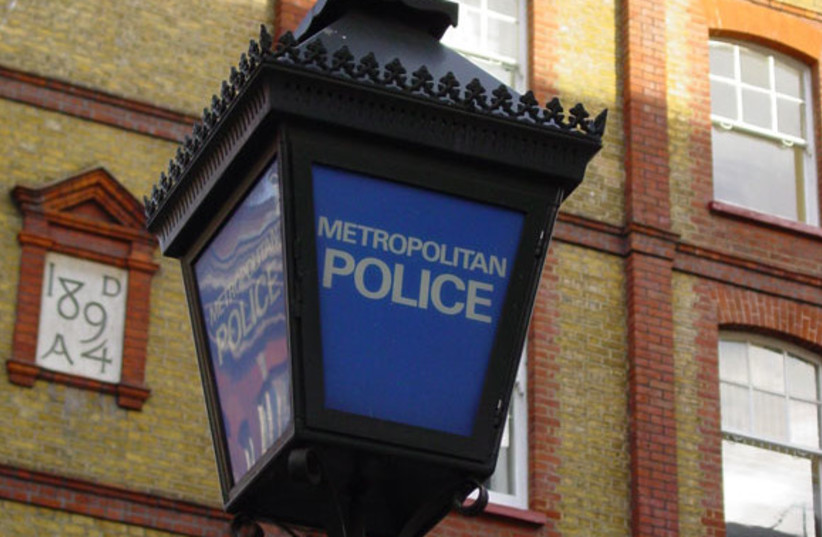A British teenager who detectives believe may have been just hours away from launching an attack on police or soldiers, was on Friday sentenced to a minimum of six years in jail for terrorism offenses.
Matthew King, 19, who converted to Islam during the COVID-19 lockdown and then became quickly radicalised by watching extremist material on the internet, had scoped out military barracks and a police station, and posted an image online of officers guarding a courthouse with the caption "target acquired".
What did the terrorism plot involve?
He had also discussed a desire to torture and kill a US or British soldier, said Commander Dominic Murphy, head of London police's Counter Terrorism Command, saying the speed of King's self-radicalisation was striking.

Asked if police had arrested him just in time when they swooped in May last year, Murphy agreed.
"I'm pretty happy to say it was imminent," he said. "It's very clear to us that King was planning and had a firm intention and desire to carry out a terrorist attack."
King, who pleaded guilty to preparing terrorist acts in January, was given a life sentence at London's Old Bailey.
Police said they were alerted in April 2022 to the teenager, who lived with his mother and two sisters in Essex, northeast of London, by calls from several people who had become alarmed at his increasingly overt extremist behaviour.
He had carried out reconnaissance on a police station in Stratford, east London, watched officers on duty at train stations and the local court, and the day before his arrest he had filmed a nearby army barracks.
After his arrest, police found he had tried to buy knives and a sword online. They also discovered he had a backpack containing Special Ops glasses and gloves he had purchased, along with a flag linked to Islamic State and a balaclava.
In online conversations with an unnamed young woman on Snapchat he talked about becoming a martyr, indiscriminate attacks on the public and wanting to kill non-believers.
However, Murphy said he did not appear to be acting with anyone else and that King had attended a number of mosques where he had talked about violent jihad, but was challenged and warned about his behaviour.
While he had been expelled from school and had attended a specialist educational unit, he had no prior convictions and detectives said the cause of his radicalisation was a mystery.
